Ergebnisse
Archaeo-Informatics
Archaeo-Informatics 2024: Use and Challenges of AI in Archaeology
Artificial intelligence has long been a part of everyday life. Various apps can bring images to life or translate entire texts into different languages in a matter of seconds.
However, the potential of AI will change, or has already changed, many areas of archaeological research. Keywords related to archaeology and AI are data management, big data, automatic classification of artefact analyses, or robotics in the field. Methods and tasks that are already in daily use in archaeological projects. But with all the potential, this technology also has a huge responsibility, especially in terms of data quality, complexity of interpretation, ethics and education. Where should we draw the line?
Under the title 'Use and Challenges of AI in Archaeology', the Istanbul Department of the German Archaeological Institute, the Department of Settlement Archaeology of the Middle East Technical University and the British Institute at Ankara are jointly organising the 2nd Archaeo-Informatics Conference, which will take place on 25-26 November at the Middle East Technical University (METU) in Ankara. The aim of this conference is to discuss the use and challenges of Artificial Intelligence in the archaeological sciences.
We invite you to join us in deliberating about the 'Use and Challenges of Artificial Intelligence in Archaeology'.
Archaeo-Informatics 2022: Challenges in Digital Archaeology
Under the topic ‘Archaeo-Informatics 2022: Challenges in Digital Archaeology’, the Istanbul Department of the German Archaeological Institute and the Department of Settlement Archaeology at the Middle East Technical University jointly organised a conference between 23 and 25 November to highlight problems and challenges in digital archaeology.
The conference primarily offered a platform for researchers to discuss issues relating to digital archaeology, exchange experiences and develop new solutions.
The main focus of this conference, which can be seen as a prelude to further events, was on three important topics in archaeoinformatics: digital documentation and documentation standards in archaeology, the analysis of digital data and its archiving, and the publication of digital data.
In addition to numerous exciting contributions on the topic of digital archaeology, the conference concluded with a lively plenary discussion on ‘Digital Humanities: State-of-the-Art and Outlook’.

